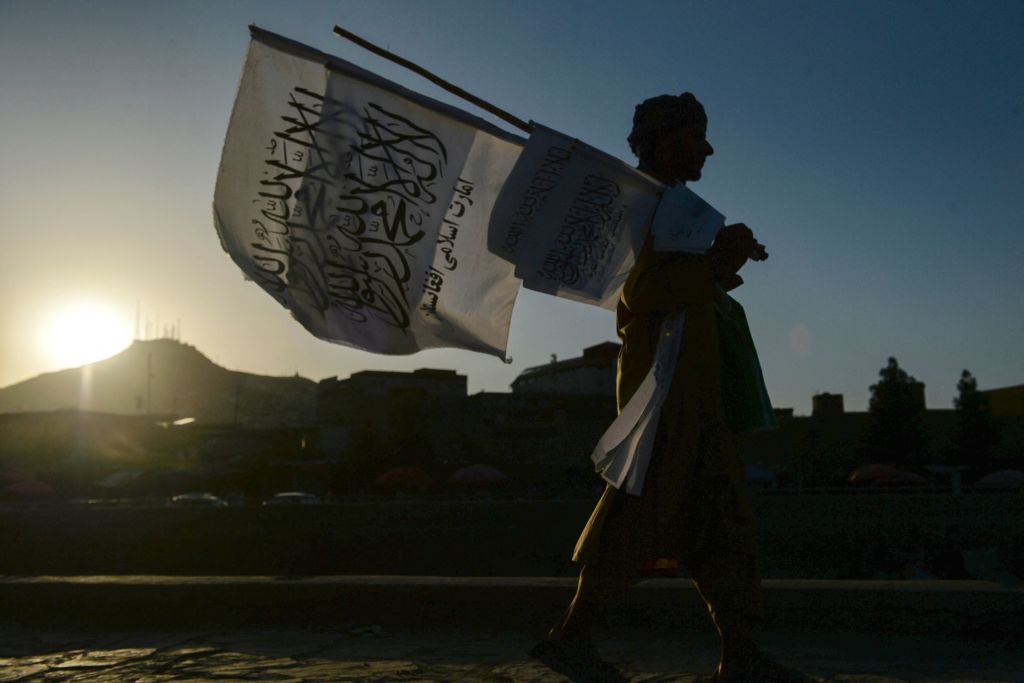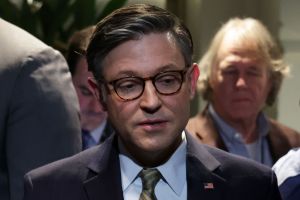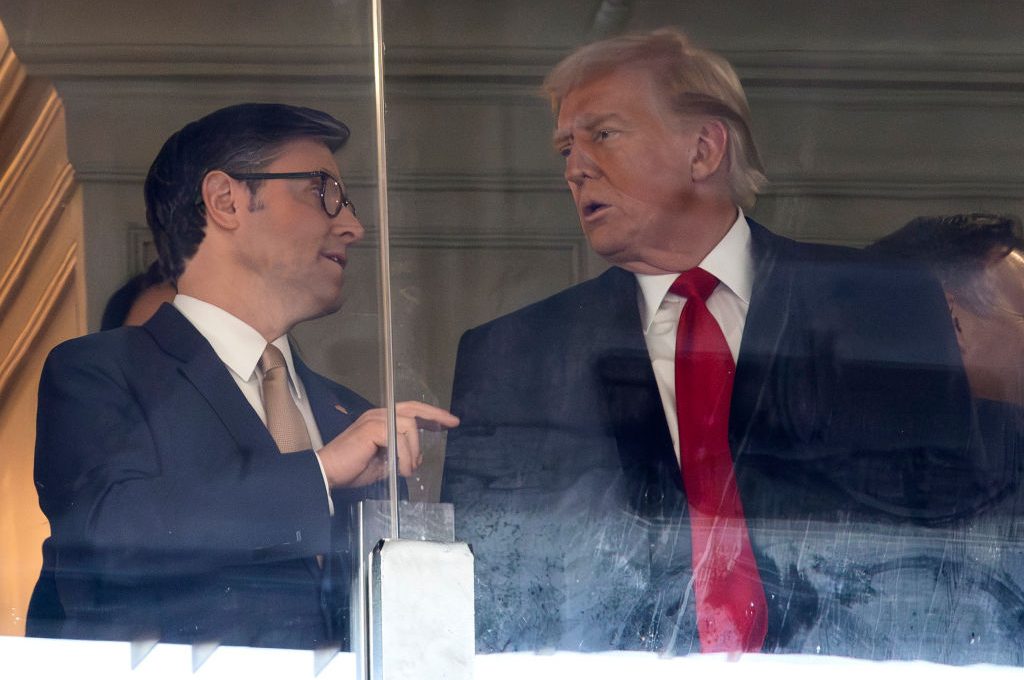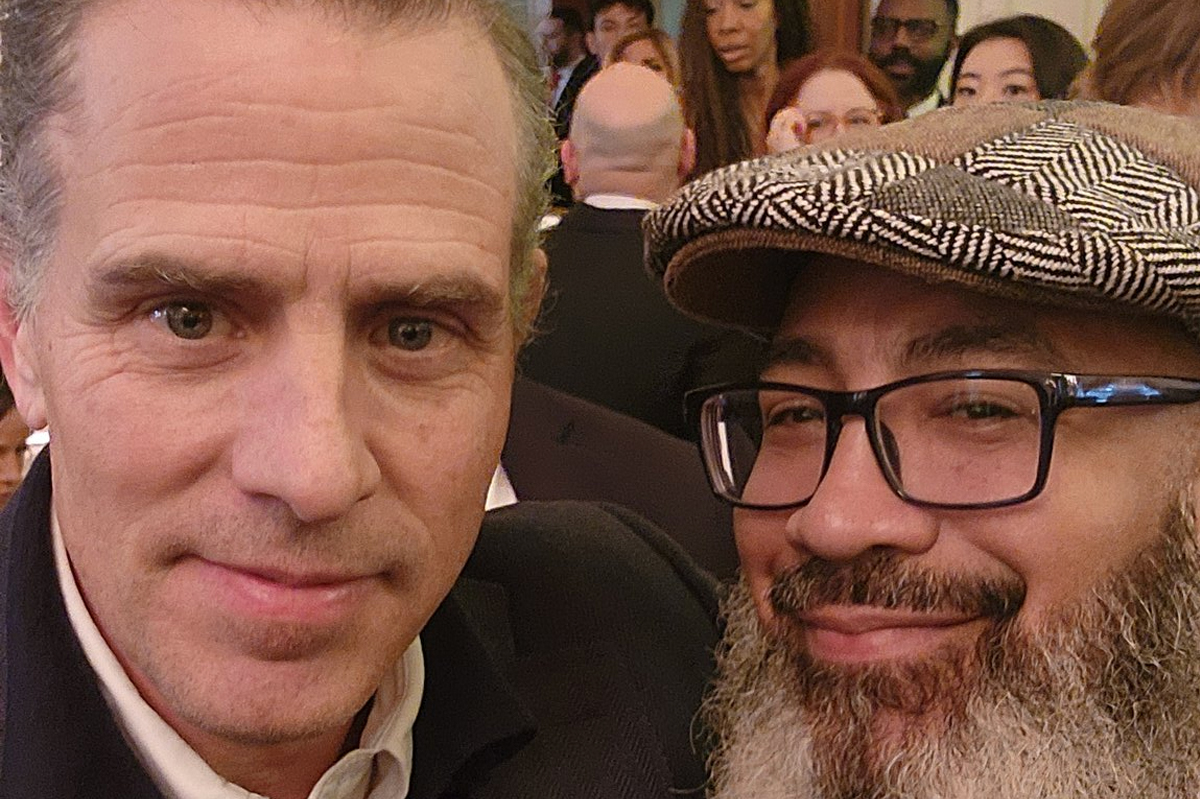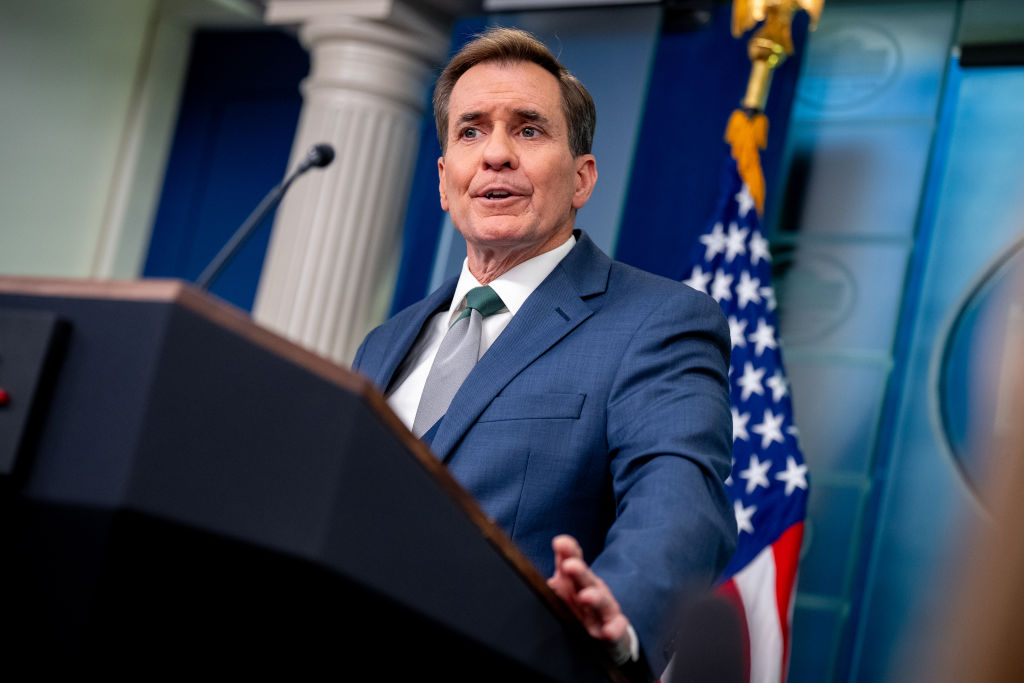When President Joe Biden tapped longtime aide Antony Blinken to be his secretary of state last November, Blinken landed his dream job. Here he was, a man widely respected in foreign policy circles, continuing the family business (his father and uncle were both ambassadors and his stepfather was an adviser to John F. Kennedy). What Blinken could have lived without, however, was the grandstanding, bravado and livid speeches from lawmakers responsible for overseeing his work.
Unfortunately, fielding self-righteous questions is a part of the job description.
Blinken trudged up to Capitol Hill this week for several hearings on Afghanistan, which came less than a month after the Biden administration pulled the final US troops out of the country and completed the evacuations of over 120,000 people who were frantically seeking to board an American flight out of Kabul airport. The grillings were the first chance for critics of the withdrawal to hammer the decision.
Rep. Michael McCaul, the ranking member of the House Foreign Affairs Committee, bluntly said the US was ‘now at the mercy of the Taliban’s reign of terror’. Rep. Steve Chabot went as far as to call the pullout ‘the worst foreign affairs disaster in American history,’ a remark that exposed just how rarely he’s ever cracked open a history book. Senate Foreign Relations Committee Chairman Robert Menendez was equally scathing when he presided the next day: ‘The execution of the US withdrawal was clearly and fatally flawed. This committee expects to receive a full explanation of the administration’s decisions on Afghanistan.’
Blinken largely held his ground, defending the strategic rationale for leaving a 20-year war that was no longer in the American interest. He noted that staying past August 31 would have been viewed by the Taliban as a green light to resume the targeting of US forces.
What we didn’t hear, however, were any specific details concerning America’s policy toward the Taliban. How, for instance, does the White House plan on engaging with the insurgency-turned-government? Will it eventually recognize the Taliban administration as legitimate? If not, what conditions do the Taliban have to clear in order for Washington to bestow formal recognition? And if formal recognition is not on the table, how does Washington intend to proceed?
These are all weighty questions with complicated answers. While the administration debates them behind closed doors, Blinken and the rest of his colleagues continue to argue in public that unless and until the Taliban breaks ties with terrorist organizations like al-Qaeda, establishes a more inclusive government and begins to respect basic human rights, then the mullahs now in power shouldn’t hold their breath.
‘While the Taliban badly wants or professes to want international legitimacy and support, that legitimacy and support has to be earned by their actions,’ Blinken said during remarks at the Ramstein Air Force Base in Germany last week.
Fair enough. Although the US formally recognizes plenty of authoritarian governments around the world, it also hasn’t spent the last two decades fighting the Saudis, Egyptians or Emiratis to a tune of $2 trillion, 2,400 troop fatalities, and over 20,000 injuries. The mere idea of the Taliban as Afghanistan’s new authorities is a dicey one and leaves a bitter taste in our mouths. No presidential administration would be caught handing the keys of the Afghan embassy in Washington DC over to the Taliban. Indeed, the congressional outrage that would result from such a course of action would make this week’s Afghanistan hearings look like a friendly game of Nerf-touch-football.
The reality, however, is that the US can’t ignore or avoid the Taliban any more than a parent with a sick child can avoid the cold. Like it or not, the Taliban is the de facto power in Afghanistan. The movement controls the organs of state (or what’s left of them after Ashraf Ghani’s inglorious fall). Despite sporadic demonstrations in Kabul and other Afghan cities protesting Taliban behavior, including the harassment of journalists, the organization’s position as the dominant player on the ground is unchallenged (at least for the time being). Ahmad Massoud’s band of fighters has frittered away into irrelevance only weeks after his confident boasts of endless resistance against Taliban rule. Regardless of Washington’s disgust over who is holding key ministries in the Taliban government (and there is a lot to be disgusted with), the fact remains that this is the crop of unqualified mullahs and ruthless zealots the Taliban have dealt us.
The Biden administration can complain about it until the sun sets, but it won’t do any good, especially when the US has more work to do in Afghanistan. Yes, the American military is no longer caught in the crossfire of an unwinnable civil war, but roughly 100 Americans remain inside Afghanistan who wish to get out. The US has an interest in monitoring and when necessary killing terrorists who pose a direct security threat to the American people. Washington is also likely to play a role in ensuring that Afghanistan doesn’t become a nation in complete poverty, something a recent United Nations report said was plausible. Some form of Taliban cooperation or acquiescence is required to address these issues — or, in the case of counterterrorism operations, will at least make the job easier.
Lawmakers on the committee could have focused on the future. Instead they chose to fixate on the past.



